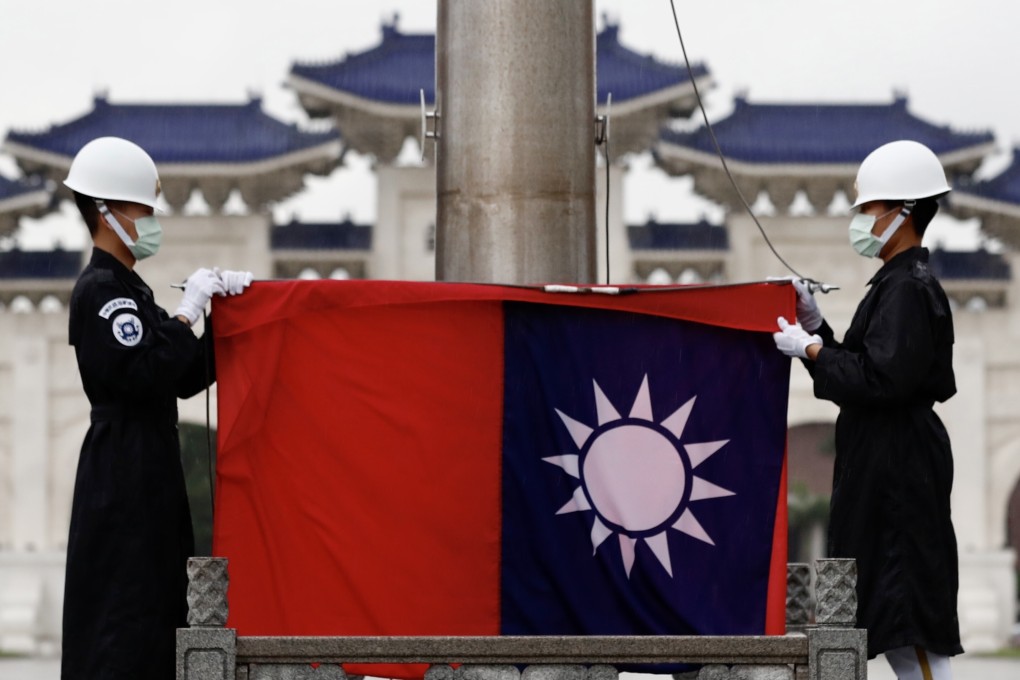Xi Jinping vows to crush attempts to thwart ‘complete reunification’ with Taiwan
- Chinese president calls it a ‘historic mission and unshakeable commitment’ of the Communist Party during anniversary speech
- But Taipei says it won’t agree to be brought under totalitarian rule and urges Beijing to respect public opinion and stop its military intimidation

“It is also a shared aspiration of all the sons and daughters of the Chinese nation,” Xi said.
Beijing regards the democratic island of Taiwan as its territory and has not renounced the use of force to bring it under mainland control. But Xi on Thursday also called for “peaceful reunification” based on the one-China principle and the “1992 consensus” – an understanding that there is only “one China” but each side has its own interpretation of the meaning.
Xi called on all Chinese people, including “compatriots” across the Taiwan Strait, to unite and “take resolute action to utterly defeat any attempt towards ‘Taiwan independence’, and work together to create a bright future for national rejuvenation”.
“No one should underestimate the resolve, the will and the ability of the Chinese people to defend their national sovereignty and territorial integrity,” he said, drawing loud applause from the audience.